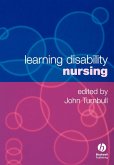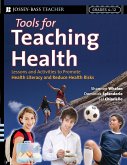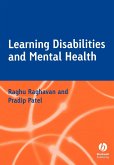Do children and adults with Down syndrome have a specific developmental profile of strengths, weaknesses and needs on which early intervention, education, and healthcare should be based if they are to be effective? This is the key question asked in this provocative and state-of-the-art review of research. The responses come from leading specialists regarding the various aspects of Down syndrome (genetic, biological, neuropsychological, healthcare, speech and language, cognition, learning, well-being, emotional and social competence, temperament and personality, and family adaptation and parent training). Experts agree that children with Down syndrome do indeed show a specific developmental profile with strengths in social understanding and visual learning and memory, and more difficulties with motor processes, speech and language, and auditory-vocal short-term memory. It is important that parents, practitioners and teachers know this and adapt interventions and educational approaches to take account of this particular profile. At a more fundamental level, the behavioural data regarding the specific profile of relative strengths and weaknesses in Down syndrome are being set in correspondence with the growing knowledge on neurogenetic aspects of the syndrome. This prepares the way for a fuller, neurobehavioral account of the condition and of its developmental characteristics.
Hinweis: Dieser Artikel kann nur an eine deutsche Lieferadresse ausgeliefert werden.
Hinweis: Dieser Artikel kann nur an eine deutsche Lieferadresse ausgeliefert werden.








